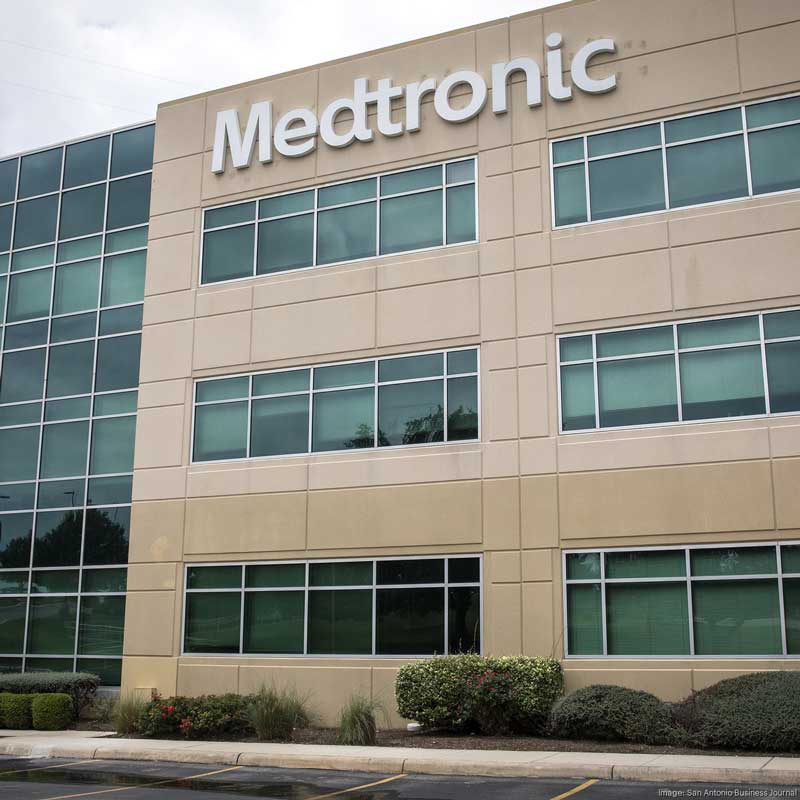The idea of human excellence stems from a myriad of different factors, but none define it better than our tendency to improve at a consistent pace. This tendency, in turn, has already got the world to hit upon some huge milestones, with technology appearing as a major member of the stated group. The reason why technology enjoys such an esteemed stature among people is, by and large, predicated upon its skill-set, which ushered us towards a reality that nobody could have ever imagined otherwise. Nevertheless, if we look up close for a second, it will become clear how the whole runner was also very much inspired from the way we applied those skills across a real world environment. The latter component was, in fact, what gave the creation a spectrum-wide presence, and consequentially, kickstarted a tech revolution. Of course, the next thing this revolution did was to scale up the human experience through some outright unique avenues, but even after achieving such a monumental feat, technology will somehow continue to produce the right goods. The same has grown increasingly evident over the recent past, and assuming one new healthcare-themed development shakes out just like we envision, it will only make that trend bigger and better moving forward.
Medtronic, a global leader in healthcare technology, has officially received FDA’s approval for its Extravascular Implantable Cardioverter-Defibrillator called Aurora EV-ICD™ MRI SureScan™. According to certain reports, the stated defibrillator is first-of-its-kind to provide the life-saving benefits of traditional, transvenous ICDs with a lead placed under the breastbone, outside of the heart and veins. However, the regulatory approval only comes after a recently-concluded study where its effectiveness in delivering defibrillation therapy at implant was found to be 98.7%. Furthermore, the researchers came across no major intraprocedural complications, and no unique complications related to the EV ICD procedure or system. If we are talking numbers, a total of 33 defibrillation shocks were avoided by having ATP (Anti-tachycardia Pacing), which paces the heart to interrupt and terminate a dangerous rhythm. Lastly, the device set free an estimated 92.6% of patients from major system and/or procedure-related complications like hospitalization, system revision, and death.
Having covered initial outcomes, we now must talk a little bit about the device itself. The Aurora EV-ICD system delivers features that are available within Medtronic transvenous ICDs, while simultaneously offering advantages that are not available with the subcutaneous ICD. For starters, we referred to the system’s ATP capability; it bears the responsibility to terminate ventricular arrhythmias (rapid and chaotic activity of the heart that can lead to sudden cardiac arrest) using low-energy pacing pulses, thus saving the patient from a potential defibrillation shock. Next up, it provides pause prevention pacing that conceives back-up pacing for brief, intermittent, heartbeat pauses. Another detail worth a mention here has to be the device’s longevity. Boasting a 11.7 years of projected durability, the system significantly reduces device replacement procedures during a patient’s lifetime. Complementing its long-lasting nature is Medtronic’s exclusive PhysioCurve™ design, which is installed into the mix for maximum patient comfort and implant acceptance. Interestingly enough, although the Aurora EV-ICD system does have the means to eliminate any detrimental rhythm and shocks, it also has 40 Joule Defibrillation Energy for delivering shocks which can actually save a person’s life.
“ICDs remain the gold standard for prevention of sudden cardiac death, and while the subcutaneous ICD avoids certain complications associated with transvenous defibrillators, it has limitations that may affect a patient’s comfort and quality-of-life. With the Aurora EV-ICD system, patients can benefit from the only ICD placed outside the vascular space that provides ATP and back-up pacing, in a device that is nearly half the size and with 60% greater projected battery longevity compared to the competitor’s subcutaneous ICD,” said Alan Cheng, M.D., chief medical officer of the Cardiac Rhythm Management business, which is part of the Cardiovascular Portfolio at Medtronic
To make sure its latest brainchild can sustain the said promise; Medtronic will obtain real-world performance and safety data on Aurora system in the Enlighten global post-approval registry, a prospective, non-randomized, observational, multicenter study. The study is expected to last for about five years, and during this time, it will enroll around 1,000 patients.
“The Aurora EV-ICD system is a tremendous step forward in implantable defibrillator technology,” said Bradley P. Knight, M.D., medical director of Electrophysiology at Northwestern Medicine Bluhm Cardiovascular Institute. “Placing the leads outside of the heart, rather than inside the heart and veins, reduces the risk of long-term complications, ultimately allowing us to further evolve safe and effective ICD technology.”



















